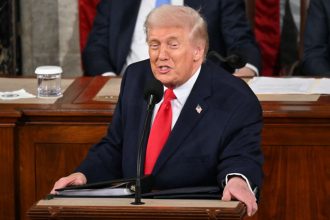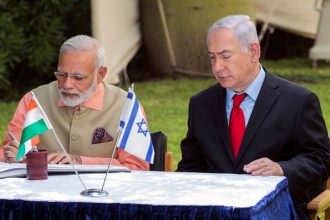In an emotional and historic moment in New Zealand politics, the government has delayed a controversial vote to suspend three Māori Members of Parliament who performed a haka — the powerful ceremonial Māori dance — during the reading of a deeply sensitive bill last year.
The three lawmakers from Te Pāti Māori — co-leaders Debbie Ngarewa-Packer and Rawiri Waititi, along with youngest MP Hana-Rawhiti Maipi-Clarke — had expressed fierce opposition to legislation they believe undermines the Treaty of Waitangi, the founding agreement between the British Crown and Māori signed 184 years ago.
Their silent protest, performed in November inside parliament, involved the traditional haka — a deeply sacred expression of Māori identity, strength, and defiance. But a parliamentary privileges committee last week declared their actions “intimidating,” recommending unprecedented suspensions: 21 sitting days for Ngarewa-Packer and Waititi, and 7 for Maipi-Clarke.
Such disciplinary measures are extraordinarily rare — the last time an MP was suspended in New Zealand was in 1987.
Leader of the House Chris Bishop announced on Tuesday that the vote would be postponed until after Thursday’s federal budget, allowing the three MPs to fully participate in budget discussions — a small but important gesture acknowledging their right to represent their communities.
Outside parliament in Wellington, supporters gathered in solidarity, some prepared to perform a haka of their own. Their message was clear: Māori voices matter, and culture must not be punished.
Attorney-General Judith Collins, who chaired the committee, defended the recommendation. “It’s not about the haka,” she said. “It’s about the rules we’ve all agreed to follow in this House.”
But many, including opposition leader Chris Hipkins, questioned the severity of the punishment. “A sanction is appropriate,” he said, “but this level of sanction is simply not.”
The haka — once used to welcome or to prepare for battle — has long been a source of pride and identity for Māori and for New Zealand. On this occasion, it has ignited a deeper national conversation about race, representation, and respect.
For many, this moment is about more than parliamentary procedure. It’s about whose voices are heard — and whose are silenced — in the very heart of democracy.








